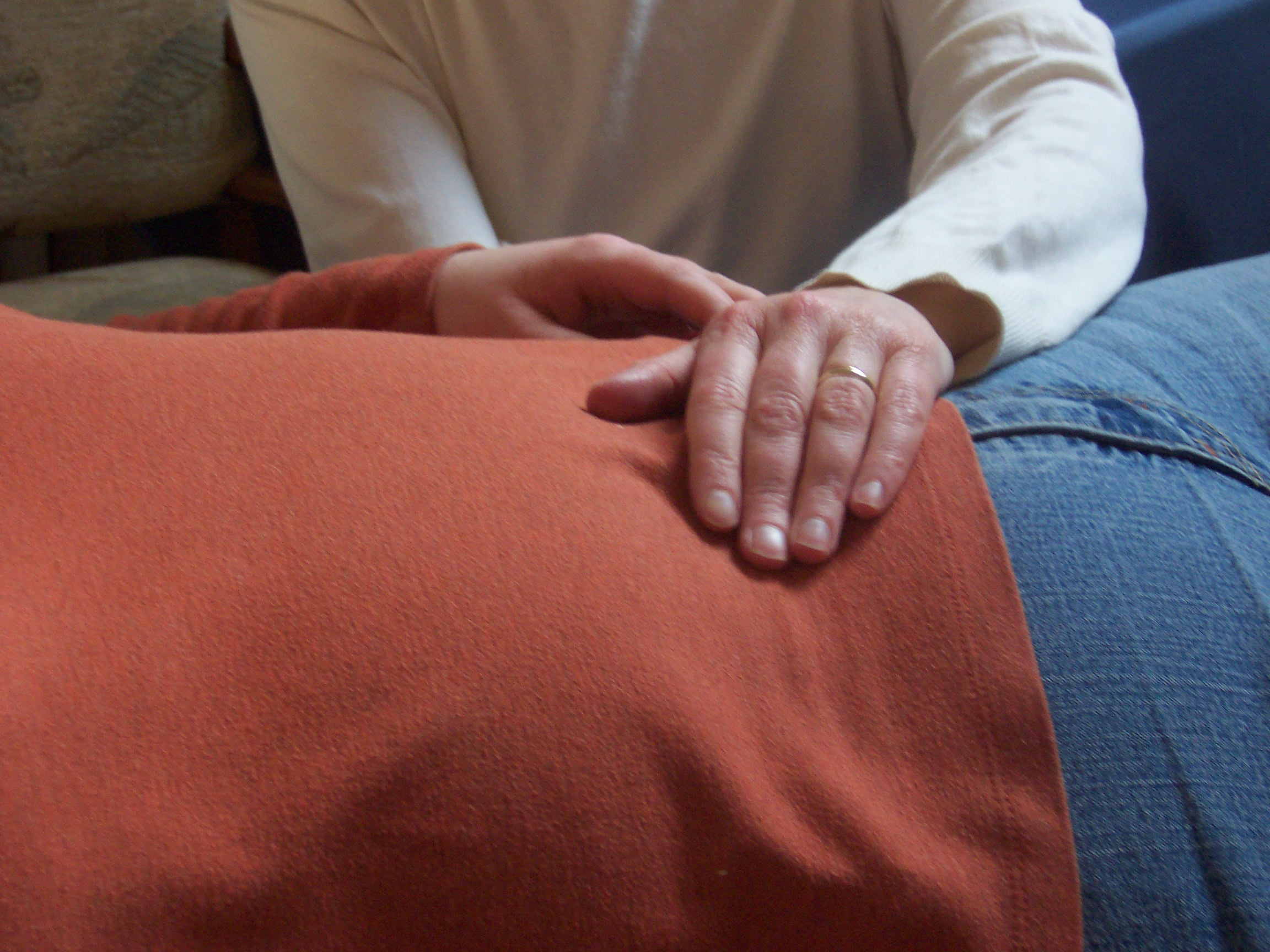Somatic therapy
The somatic approach supports awareness and connections between one’s mind and body through touch and movement. Somatic sessions take many forms, ranging from quiet stillness to vigorous activity. Goals for a session vary based on your own needs; such as relief from physical pain, finding calm from emotional distress, improving alignment, or support for development.
How will somatic therapy serve?
Somatic therapies bridge internal connections with movement, resonant touch, breath, and mindfulness. Somatic therapy and education intrinsically trusts the wisdom of your body-mind with its multitude of healing functions. At any age, from infancy through adulthood, our body-mind has great capacities for healthy adaptation when we give mindful attention to activity. In this way you can trust the unfolding of your own – and your child’s – healing process and development.
Your session, your connections
You take the lead on your intentions in sessions for yourself or for your child for more ease in being and in activity. Given your concerns, somatic therapy yields benefits in many arenas.
- Relieve discomfort and pain
- Reduce tension in specific muscles & fascia
- Develop body awareness and alignment
- Increased suppleness and strength
- Release restriction on nerves
- Quiet inner exploration & awareness
- Deep relaxation
- Process difficult emotions
- Work through old, stuck habit patterns
- Activate neurological networks for easier function
- Foster a wider perspective to meet challenges
- Tap into your creative source
Chart your course
In somatic therapy you can connect with your own innate resources to chart your own course. Here you experience primary connections between your body and mind for an authentic sense of self. Compassionate inner awareness is a place of discovery, healing, and development. With reflective mindfulness practices, you can find inner direction. You may find release to go through difficult, stuck places with somatic, mindfulness and Hakomi approaches when emotional or physical restrictions are chronic.
Pathways in – Somatic modalities
Movement is a natural mode of learning and being. The somatic modalities that best fit your intentions and needs will vary. Often these are woven together in session for you or your child.
- Craniosacral therapy
- Myofascial therapy
- Body Ready Method®
- Mindfulness practices
- Developmental movement therapy
Mindfulness practices
Awareness of one’s experiences in our body and our mind are integral to somatic therapy. Mindfulness practices offer many pathways inward, and expressions of our individual being. With mindfulness in motion you can awaken to renewed vitality.
Developmental movement play
Movement play is a lifelong resource for all of us from childhood through the continuous changes of adulthood. Specific developmental movements underlie every arena of one’s ever-changing and emerging being; physical, emotional/social, cognitive, attention and emerging sense of self. Engaging in developmental movement therapy at any age, we can revisit and renew ourselves with simple, engaging activities.
Children benefit from doing developmental movements that shape their brains and growing bodies. These natural early movements create clear organization in emerging body-mind integration. Your child can form a healthy sense of self through these joyful activities.






 Catherine specializes in support for childbearing women and babies with extensive experience as a perinatal bodyworker, movement therapist, doula and breastfeeding counselor. She is a Certified Body Ready Method® Pro and Spinning Babies® Aware Bodywork Practitioner. As an Infant Developmental Movement Educator, she provides babies and toddlers with reflex integration that activates powerful, playful connections between body and mind.
Catherine specializes in support for childbearing women and babies with extensive experience as a perinatal bodyworker, movement therapist, doula and breastfeeding counselor. She is a Certified Body Ready Method® Pro and Spinning Babies® Aware Bodywork Practitioner. As an Infant Developmental Movement Educator, she provides babies and toddlers with reflex integration that activates powerful, playful connections between body and mind.